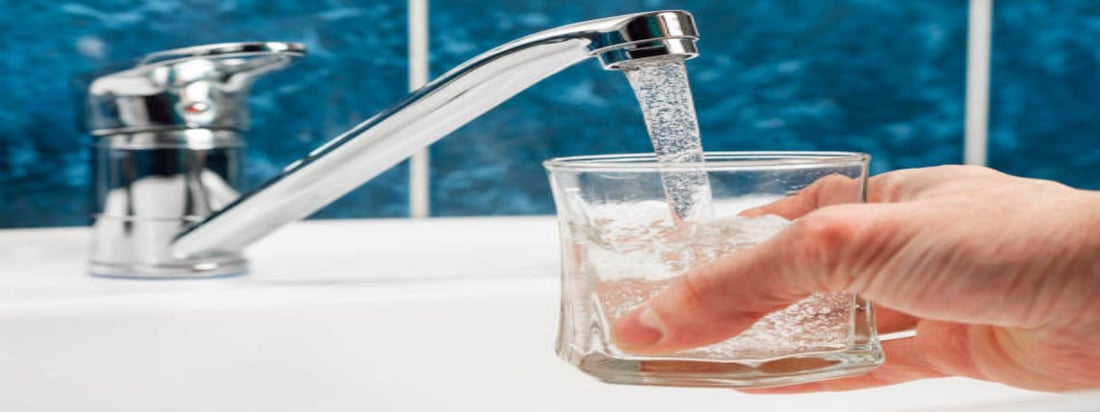The Importance of Removing Chlorine from Your Water Supply
Chlorine is commonly used in water treatment facilities to disinfect and kill bacteria in the water supply. While this is crucial to ensuring safe drinking water, the presence of chlorine in tap water can have negative effects on your health and the environment. It is essential to invest in the best filter to remove chlorine to minimize these risks and enjoy clean and healthy water in your home.
Understanding the Dangers of Chlorine in Tap Water
Chlorine is a powerful chemical that effectively eliminates harmful bacteria and viruses in water. However, when chlorine reacts with organic matter in water, it forms disinfection byproducts (DBPs) such as trihalomethanes (THMs) and haloacetic acids (HAAs). These DBPs have been linked to various health issues, including an increased risk of cancer, respiratory problems, and skin irritation.
Choosing the Right Filter to Remove Chlorine
When it comes to selecting the best filter to remove chlorine, several options are available on the market. Here are some of the most effective types of filters:
1. Activated Carbon Filters
Activated carbon filters, also known as charcoal filters, are highly effective in removing chlorine and its byproducts from water. These filters work by adsorbing the chlorine molecules onto the carbon surface, leaving you with fresh and clean water. Activated carbon filters are affordable, easy to install, and can effectively improve the taste and odor of your tap water.
2. Reverse Osmosis Systems
Reverse osmosis (RO) systems are known for their ability to remove a wide range of contaminants, including chlorine. These systems use a semi-permeable membrane to separate impurities from the water, leaving you with purified and chlorine-free water. While RO systems are highly effective, they require professional installation and regular maintenance.
3. Vitamin C Filters
Vitamin C filters are gaining popularity as an alternative to traditional chlorine filters. These filters use a form of ascorbic acid, which neutralizes chlorine and transforms it into a harmless compound. Vitamin C filters are simple to install and maintain, but they may not be as effective in removing other contaminants.
The Benefits of Using a Filter to Remove Chlorine
Investing in the best filter to remove chlorine offers several advantages:
1. Improved Taste and Odor
Chlorine can give tap water an unpleasant taste and odor. By removing chlorine, a filter can significantly enhance the taste and smell of your drinking water, making it more enjoyable to consume.
2. Healthier Skin and Hair
Chlorine in water can strip your skin and hair of their natural oils, leading to dryness and irritation. Using a chlorine filter can help maintain the natural balance of your skin and hair, leaving them healthier and more hydrated.
3. Protection Against Harmful Byproducts
By removing chlorine, you are also eliminating the risk of exposure to disinfection byproducts. This reduces the potential health risks associated with long-term exposure to these harmful compounds.
Installing and Maintaining Your Chlorine Filter
Once you have chosen the best filter to remove chlorine, it is important to follow the manufacturer's instructions for installation and maintenance. Regularly replacing filter cartridges or membranes, as recommended, ensures optimal performance and continued removal of chlorine from your water supply.
Conclusion
Investing in the best filter to remove chlorine is essential for ensuring clean and healthy water in your home. By removing chlorine and its harmful byproducts, you can enjoy improved taste, protect your skin and hair, and safeguard your health. Consider the different types of filters available and choose the one that best suits your needs and budget. Take the necessary steps to install and maintain your filter for long-lasting effectiveness.

